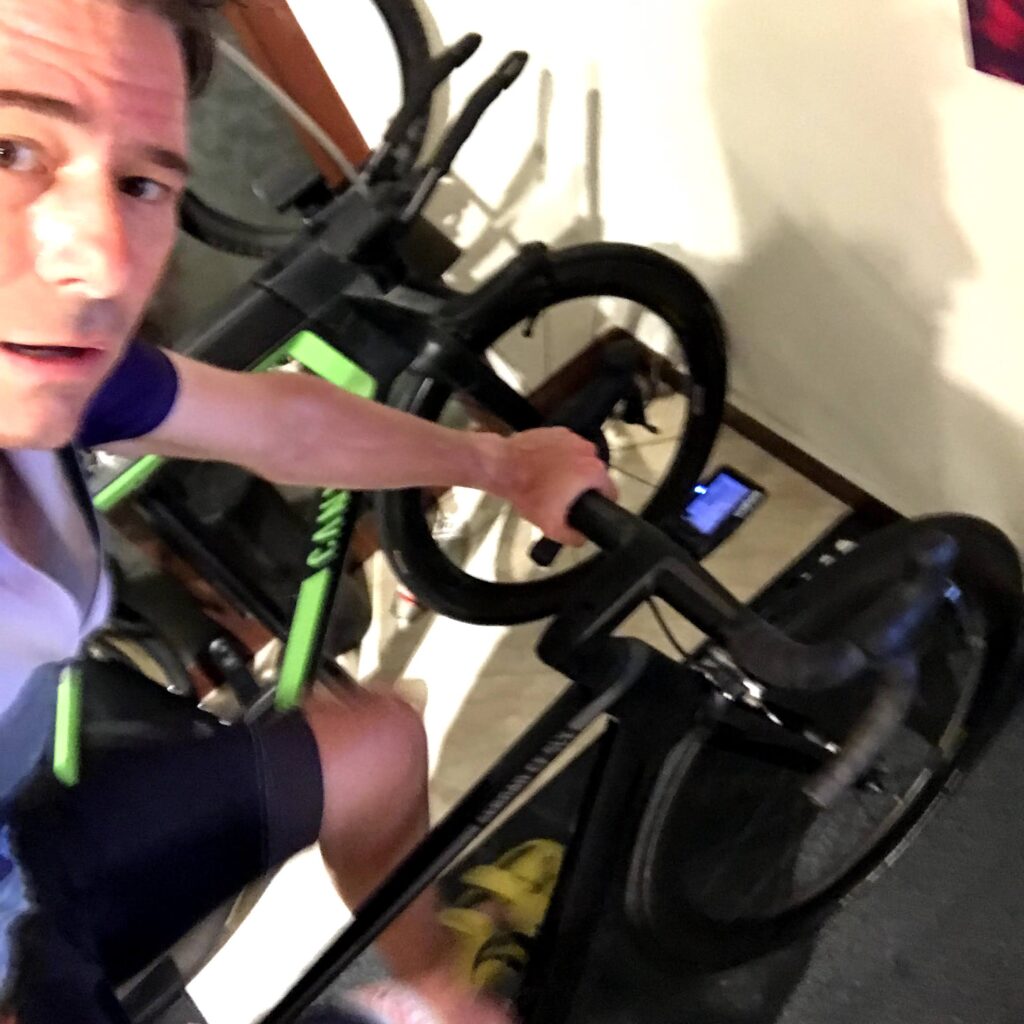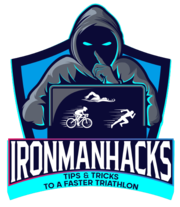“Forget it! I quit! I’m not going to race!”
That’s what I told my wife during a particularly long set on the trainer once, just a week away from a full Ironman I had been training for all year.
That’s when I had found my breaking point.
If you’ve done a great FTP test, smashed your PB, or finished a race at your max with nothing left in the tank, you may have treaded on the edge of your breaking point – physically.
And while it hurts, it is why many of us choose to race and pursue endurance sports: To see what we’re capable of.
But have you ever explored your mental, emotional, or psychological breaking point?
Sure, it takes huge mental effort to even hit your physical breaking point, but you’re breaking your body, not your spirit.
I have ventured into this dark place before, very close to my emotional breaking point. While it was massively stressful and almost traumatic, it also taught me a lot about myself.
It established boundaries or limits that I had previously not known. It charted a map for me – parameters I could refer to in the future to avoid falling off that edge again.
It was in October of 2019, and I was just finishing up my training for a full Ironman. I had amassed a lot of volume over the past 9 months, having raced a few times that year, with the last race being just a month prior, in Nice, France.
But outside of training, life was crazy and demanding. Getting my bike and run workouts done before 6am was my only option on weekdays, as I had to take my two kids to school in the morning.

That meant I’d be waking up at 4 or 4:20, latest. An hour on the bike trainer at home, followed by a fast 5-6 km brick run, usually.
Or a 90 min bike or run other weekdays.
After dropping my kids at school at 7, this put me at my office before 8. Most people didn’t come in until 9:30 or 10, or later.
As a result, they all worked late, many of them until 9pm on a regular basis. And that became the expectation for all of us.
Initially, I really enjoyed arriving to work early because I could get so much more work done without any distractions, but over time, the fatigue started building up.
I ended up sleeping in my car for a bit, in the basement parking garage before work, and I found this really helped.
But it didn’t seem like the right way to live. It seemed like a cheap shortcut, clearly not sustainable.
Leaving the office any time before 7 or 8 pm was pretty much unheard of, yet I had swim squad at 7, two days a week.
On top of that, my kids expected me to spend a bit of time with them at home before they went to sleep at 9. I rarely could.
The repetition of this, month after month, took a toll on me.
I was overreaching. I was not adapting. I was not recovering.
Not enough sleep, not enough time with my family, not enough balance.
What I didn’t understand was that hitting just about all of my training sessions wasn’t going to help me if I couldn’t recover – or worse, if it led to a mental breakdown.
And then that October morning on the trainer I snapped.
I threatened – with full intent on honoring that threat – to drop it all. To quit.
To not race in my A race which I had registered for 9 months prior. Hotels, flights, rental car – all booked and paid for.
I didn’t care.
It would be better to drop it all than subject myself to the psychological burden I had imposed on myself.
But then my wife stepped in – and while she wasn’t thrilled with my ungenerous, self-indulgent habits any good triathlete is so well versed in – she knew how much I had invested up to this point, and she encouraged me to push on.
And I did, and I raced, and despite my ‘better’ training, I was slower than the prior year, when I went into the race with far less stress.
All of this contributed to me finding my limits, learning my abilities, and realizing where I’d snap.
I’m glad my wife stepped in to save me, but had she not, I would have simply learned that missing a race is not that big of a deal, and if we don’t overreach too much, physically or mentally, we’ll be around for years to race again and again.
Lesson learned. What are your limits?

Leave a Reply
You must be logged in to post a comment.